Stella Chiweshe in Whitstable
Friday 4th June, 2010 – St. Peters Church, Sydenham Street, Whitstable
I'd spotted some posters a few days earlier describing Stella Chiweshe as the "Queen of the Zimbabwean Mbira" – it turns out that there are very few women mbira players, but Stella is something of a legend in her homeland.

It was a beautiful sunny evening, so I cycled out to Whitstable along the "Crab and Winkle Line" (the abandoned railway line through the woods, part of Sustrans Route no. 1) and spent a bit of time on the beach fixing a puncture, surrounded by people eating fish and chips and drinking beer and wine. A group of young women in oversized celebrity sunglasses and summer dresses breezed passed like something out of an advert, typifying a sense of "this is it – we've arrived...this is what life is about". Without wanting to seem arrogant or superior, and despite being glad to see all the happy people enjoying the sun and each other's company, I couldn't help feeling a rather desolate sense of "Is this my culture? Is this the best we can do? Passively absorb sunshine and consume food and drink?". Heading over to St. Peters Church, I was suddenly immersed in another culture, which seemed rather more fulfilling and appealing, while it lasted.
Stella Chiweshe has a truly powerful presence. She appeared, unintroduced, in a white dress with her dreads and braids tied up in some traditional looking headgear (cowrie shells, etc.). I was sitting in the front. The last concert I went to here was Evan Parker playing free improv solo sax and we were sitting in rows. This time it was concentric semicircles, which felt a lot more intimate and appropriate to the music.
Before starting, she told us that the music would make our bodies subtly expand, so we might want to take off our shoes (I already had), and that we shouldn't sit too close together, we should allow room for our spirits to dance. Her English wasn't always easy to understand, but it didn't seem to matter – there was a deeper level of inter-human communication going on here. She explained that this was the music of her ancestors, something she was merely a vehicle for, and that apart from some improvisation in her singing, these ancient pieces would be played with complete fidelity. And then she was off.

Stella Chiweshe elsewhere
The first set involved several shorter pieces, with some explanation between. I found myself swaying gently and gradually trancing out deeper and deeper. At one point, she decided (and this seemed to be completely spontaneous) that we should all try singing together, wondered aloud for a moment what we should sing, and then decided on simply "Whitstable". So I joined forces with a churchful of what seemed to be predominantly middle-aged women singing "Wheet-stah-bool" with Stella in a descending three-note chorus while she wove her mbira melody around us...lovely!
At the start of the second set, she explained that in Zimbabwe, this is not music that's played in a concert format with a series of performed pieces, rather "we keep on playing until the next afternoon", carried along by the spirits. So she played a couple of much longer pieces. One involved a bit of spoken word storytelling (again, rather hard to follow her English) involving an incident in 1961, forbidden mbira playing in a particular village, a clash with the colonial authorities. I saw a documentary years ago with friends in Glastonbury about the role that this music played in the revolution there, so I'm assuming this incident was a precursor to that. A final piece involved getting us to make bird sounds, resulting in a joyful racket that she built her melody atop. A group of young Africans (UKC students?) had been standing at the back whooping and clapping a bit during the proceeding – a couple of them came up to dance at the front near the end, then the whole group of them mobbed SC as soon as she came off stage.
More legendary mbira players in East Kent churches, please!
I'd spotted some posters a few days earlier describing Stella Chiweshe as the "Queen of the Zimbabwean Mbira" – it turns out that there are very few women mbira players, but Stella is something of a legend in her homeland.

It was a beautiful sunny evening, so I cycled out to Whitstable along the "Crab and Winkle Line" (the abandoned railway line through the woods, part of Sustrans Route no. 1) and spent a bit of time on the beach fixing a puncture, surrounded by people eating fish and chips and drinking beer and wine. A group of young women in oversized celebrity sunglasses and summer dresses breezed passed like something out of an advert, typifying a sense of "this is it – we've arrived...this is what life is about". Without wanting to seem arrogant or superior, and despite being glad to see all the happy people enjoying the sun and each other's company, I couldn't help feeling a rather desolate sense of "Is this my culture? Is this the best we can do? Passively absorb sunshine and consume food and drink?". Heading over to St. Peters Church, I was suddenly immersed in another culture, which seemed rather more fulfilling and appealing, while it lasted.
Stella Chiweshe has a truly powerful presence. She appeared, unintroduced, in a white dress with her dreads and braids tied up in some traditional looking headgear (cowrie shells, etc.). I was sitting in the front. The last concert I went to here was Evan Parker playing free improv solo sax and we were sitting in rows. This time it was concentric semicircles, which felt a lot more intimate and appropriate to the music.
Before starting, she told us that the music would make our bodies subtly expand, so we might want to take off our shoes (I already had), and that we shouldn't sit too close together, we should allow room for our spirits to dance. Her English wasn't always easy to understand, but it didn't seem to matter – there was a deeper level of inter-human communication going on here. She explained that this was the music of her ancestors, something she was merely a vehicle for, and that apart from some improvisation in her singing, these ancient pieces would be played with complete fidelity. And then she was off.

Stella Chiweshe elsewhere
The first set involved several shorter pieces, with some explanation between. I found myself swaying gently and gradually trancing out deeper and deeper. At one point, she decided (and this seemed to be completely spontaneous) that we should all try singing together, wondered aloud for a moment what we should sing, and then decided on simply "Whitstable". So I joined forces with a churchful of what seemed to be predominantly middle-aged women singing "Wheet-stah-bool" with Stella in a descending three-note chorus while she wove her mbira melody around us...lovely!
At the start of the second set, she explained that in Zimbabwe, this is not music that's played in a concert format with a series of performed pieces, rather "we keep on playing until the next afternoon", carried along by the spirits. So she played a couple of much longer pieces. One involved a bit of spoken word storytelling (again, rather hard to follow her English) involving an incident in 1961, forbidden mbira playing in a particular village, a clash with the colonial authorities. I saw a documentary years ago with friends in Glastonbury about the role that this music played in the revolution there, so I'm assuming this incident was a precursor to that. A final piece involved getting us to make bird sounds, resulting in a joyful racket that she built her melody atop. A group of young Africans (UKC students?) had been standing at the back whooping and clapping a bit during the proceeding – a couple of them came up to dance at the front near the end, then the whole group of them mobbed SC as soon as she came off stage.
More legendary mbira players in East Kent churches, please!
















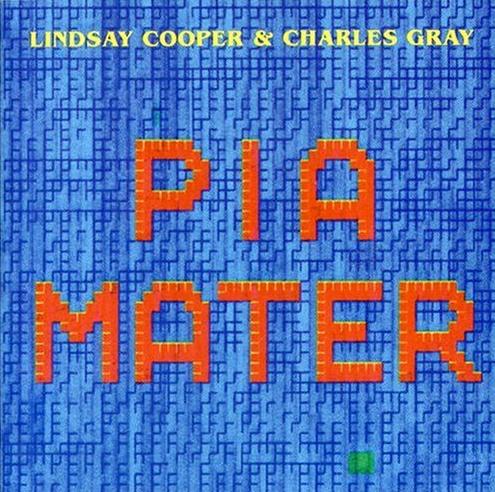
































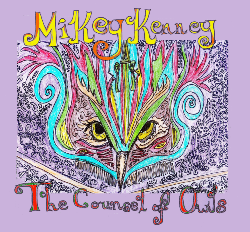



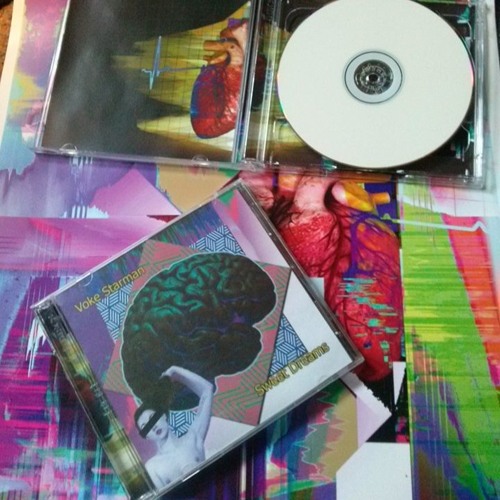





























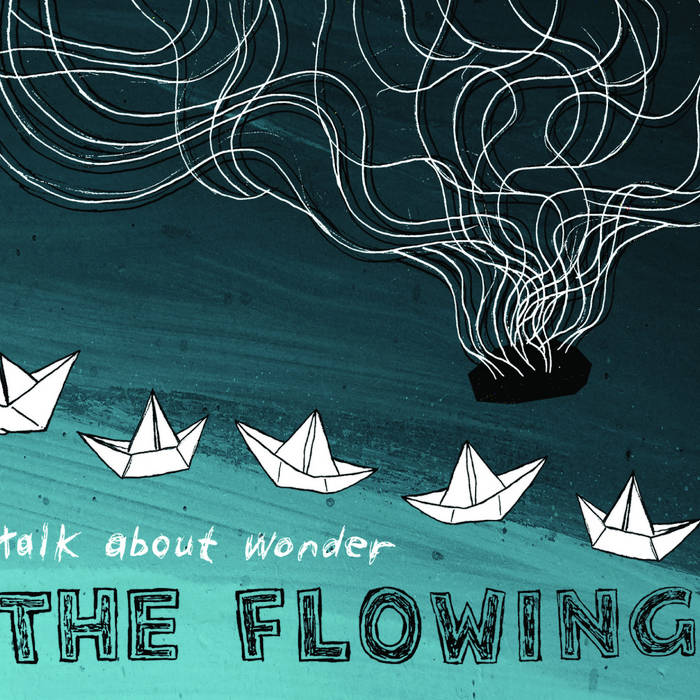












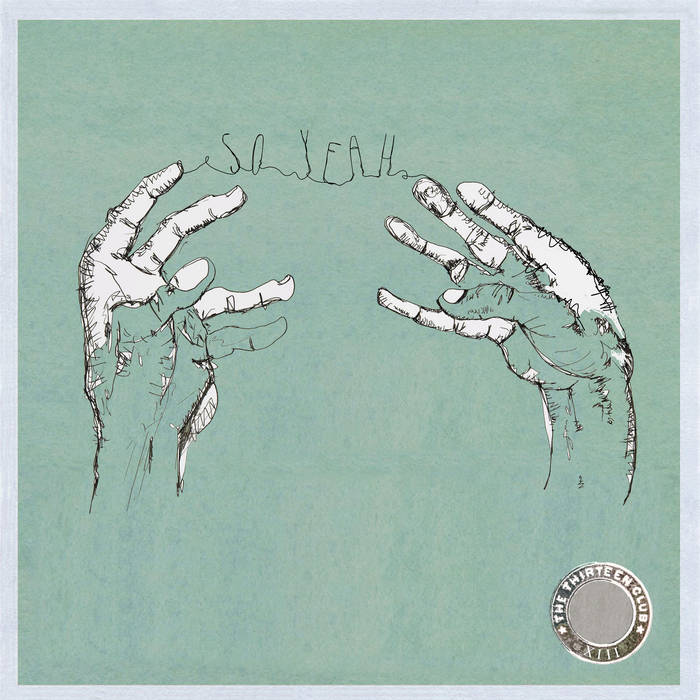







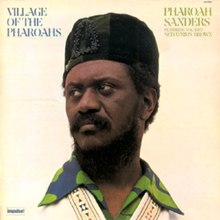











































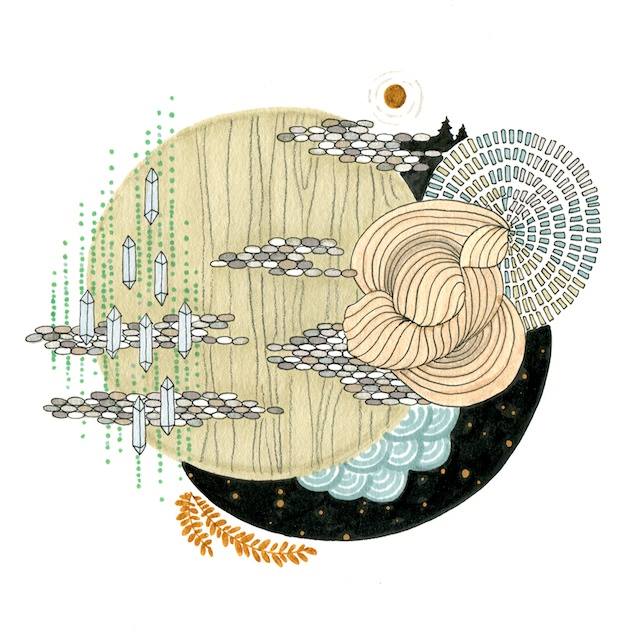





































































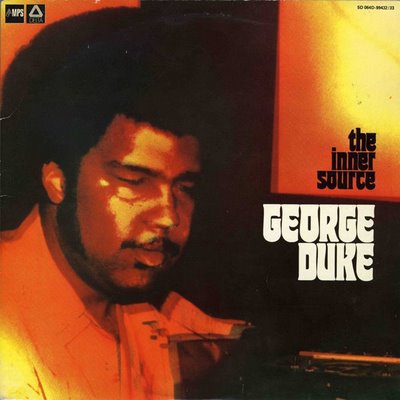












































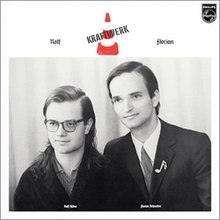






















































































































































































































































































































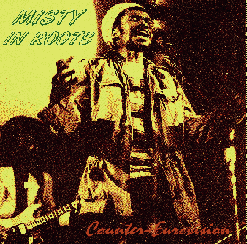





















































































































































































































































































































0 Comments:
Post a Comment
<< Home